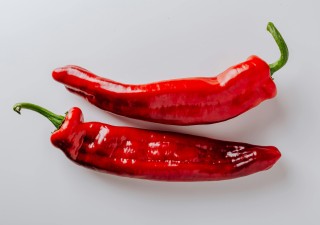Beer, Whisky and the Number 8
11 September 2012

Radico Khaitan Limited, a company of notable size in the Indian liquor industry, filed a suit for, inter alia, infringement and passing off against Carlsberg India Private Limited (a subsidiary of Carlsberg A/S, Denmark, a leading brewery group operating in more than 150 countries) with the High Court of Delhi seeking to restrain the latter from using the numeral “8” as part of its trademark. Alongside the main suit, Radico also filed an interlocutory application for interim injunction.
In 1997, Radico adopted the mark 8 PM in relation to whisky and, two years later, in 1999, began using, with much success, the 8 PM whisky brand in the market. Registrations were also obtained for the trademark 8 PM as well as several 8 PM formative marks in many classes, including Classes 25, 32, 33 and 41. In early 2011, Radico claimed to be aggrieved by Carlsberg’s use of the Palone 8 label in respect of beer with the numeral 8 being used prominently therein.
Carlsberg argued that the numeral 8 was currently being used extensively by various entities in the liquor industry, both nationally and internationally, with several instances of use predating Radico’s adoption of the 8 PM mark. Also, registration of 8 PM had been granted to Radico under Part B of the Register under the Trade Merchandise and Marks Act, 1958 (replaced in 2003 by the current statute, the Trade Marks Act, 1999), a category reserved for marks considered prima facie nondistinctive or descriptive. Moreover, 8 PM was not registered in respect of beer and, in fact, Radico held no registration for the numeral 8 per se. On the other hand, Carlsberg’s use of the numeral 8 was descriptive and denoted the strength of the beer. Upon considering the arguments, the court negated Radico’s claim of exclusivity over the numeral 8 and refused to grant an interim injunction against Carlsberg. To avoid any confusion, Carlsberg was directed to use Palone and the numeral 8 together, in the same line, size and font.
On the question as to whether or not whisky and beer are products of the same description, applying the test of identity of composition, identity of consumers and price range, the court held that the said goods seem to be goods of a different description. However, in view of the availability of both products via a common trade channel, the court has deferred the said question to trial for a deeper analysis.






